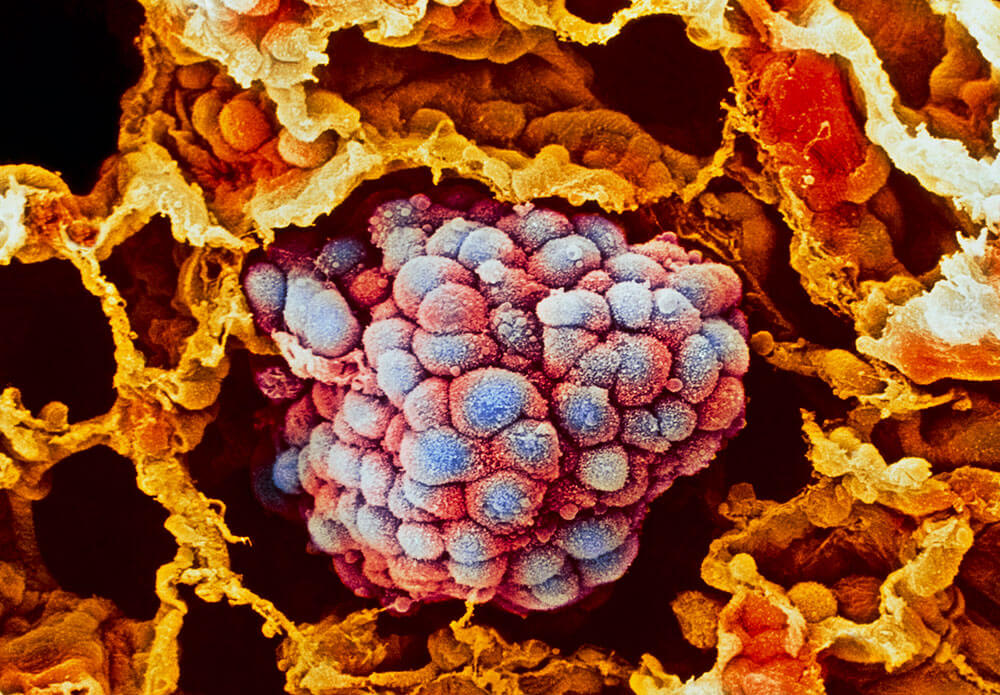Solving the Matchmaking Problem in Precision Medicine Cancer Studies

With the rise of precision medicine, scientists are hopeful that more cancer patients can receive treatments tailored to their specific tumor mutations. But with these advances, a matchmaking problem has also emerged: It can be very challenging to recruit enough patients with specific tumor mutations to participate in clinical trials.
However, a pioneering clinical trial model is helping more patients with advanced-stage non-small-cell lung cancer participate in studies that match their tumor profiles.
The Lung Cancer Master Protocol, or Lung-MAP, is a public-private partnership combining some 300 cancer research sites across the country to test multiple treatments under one umbrella study. Launched in 2014, the partnership includes the National Cancer Institute, several cancer research and advocacy organizations, and pharmaceutical companies, including Pfizer.
By working together, these partners are able to access a larger pool of patients and help match patients to the most appropriate treatment for their cancer’s genetic profile. “It’s not always feasible to do this type of clinical trial unless it’s a partnership,” says Vassiliki Papadimitrakopoulou, Clinical Development Leader of Pfizer Oncology. “You need a large population of people who have a very specific subset of cancer. And the only practical way to do that is to open it up to a wide field across the country,” she adds.
Bringing the trial to the patient
To participate, patients’ tumor samples are tested for some 200 genetic mutations. Then, the patients are assigned to sub-studies that matches their tumor profile. If a match isn’t available, they’re given the option to enroll in an immunotherapy trial. Patients can participate through their local hospital and don’t have to travel to a major research center. “Our goal was to bring the trial to the patient, instead of making the patient travel to the trial sites,” says Papadimitrakopoulou.
To help make it easier for more patients to enroll, the trial allows patients to submit tumor tissue from past biopsies or surgeries through their local hospital. For patients who do not have tissue samples, the study sponsors pay for biopsy and molecular profiling. They’ve recently expanded to allow patients to submit liquid biopsies, which is a less invasive process.
